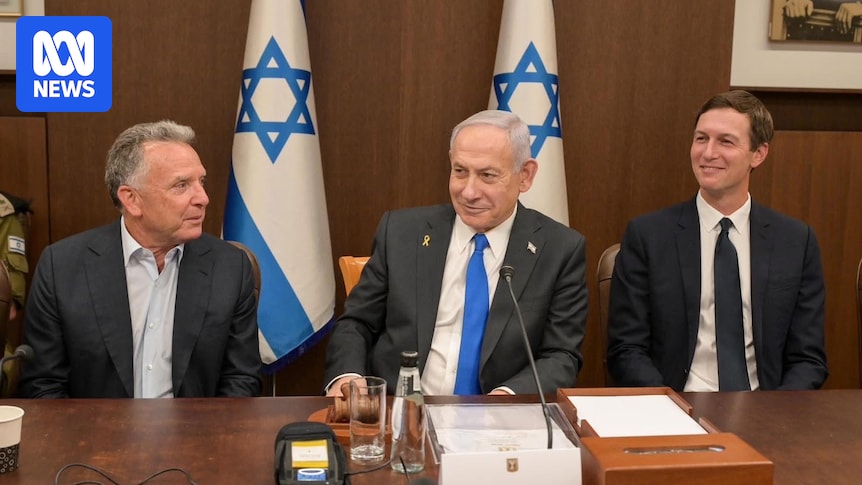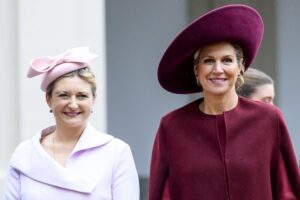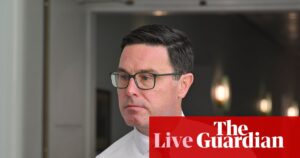
After months of stalled negotiations following the collapse of a ceasefire deal in March, a familiar face appeared alongside Israeli Prime Minister Benjamin Netanyahu as a first-phase peace agreement was finalized: Jared Kushner. The son-in-law of former US President Donald Trump was in Jerusalem, accompanied by billionaire and Middle East special envoy Steve Witkoff, to present the agreement to Israel’s Cabinet before it was approved on Thursday evening.
In high-stakes negotiations like these, a team of dedicated individuals is required to perform painstaking work behind the scenes to bring both parties to the bargaining table. According to senior US officials speaking on background, while mediators worked to bring Israel and Hamas closer to an agreement, Kushner and Witkoff were pivotal in closing the deal.
The Road to Agreement
Earlier this week, Kushner and Witkoff traveled to Egypt to join negotiations between the two delegations, which included discussions about the release of Palestinian prisoners and the return of Israeli hostages taken during the terrorist attack on Israel on October 7, 2023. Hours later, Trump announced that Israel and Hamas had agreed to phase one of a peace plan involving a ceasefire and an Israeli military pullback to a “yellow line” within Gaza.
The breakthrough delivered Trump a made-for-TV moment when Secretary of State Marco Rubio crossed the room to whisper the news in his ear in front of waiting cameras. Trump has since lauded the efforts of his negotiating team, dubbed the “dealmaking consortium,” which included Rubio, Witkoff, War Secretary Pete Hegseth, and Jared Kushner.
“Jared’s a very smart guy. He did the Abraham Accords,” Trump said when asked why Kushner had joined this round of talks. “He’s a very smart person and he knows the region, knows the people, knows a lot of the players.”
Kushner’s Influence and Historical Context
Unlike in Trump’s first term when Kushner served as an adviser, the businessman does not hold a government position. Senior US officials noted he initially served in an informal advisory role for the final round of negotiations, with his involvement increasing over the past few months. Last week, Kushner told a government meeting in Jerusalem that the peace deal “would not have been possible without the bravery of the IDF [Israel Defense Forces] and its soldiers.”
Jerusalem was the last of many stops on Kushner and Witkoff’s crisscrossing journey through the US and the Middle East to secure an agreement. Kushner also praised Netanyahu for his negotiation skills, stating, “You held your lines firm and I think that between you and President Trump, you had a lot of alignment on what the end state should be.”
The New York Times reported that Trump had relied on his son-in-law to step in and add momentum to the negotiations. After the developments this week, it appears Kushner fulfilled that expectation.
Business Ventures and Ethical Concerns
While Kushner has never been far from the White House, he pivoted back to the business world during Joe Biden’s presidency. In 2021, he formed investment firm Affinity Partners, which has ties to government wealth funds in Saudi Arabia, Qatar, and the United Arab Emirates, according to the New York Times. Recently, he brokered a major deal to break into the lucrative gaming industry, involving a $US55 billion bid to take gaming company Electronic Arts (EA) private.
However, Kushner’s business dealings in the Middle East have sparked scrutiny from ethics experts, Democrats in Congress, and some Republicans. When asked about potential conflicts of interest, White House press secretary Karoline Leavitt delivered a rebuke, defending Kushner’s role in the peace negotiations.
“I think it’s frankly despicable that you’re trying to suggest that it’s inappropriate for Jared Kushner, who is widely respected around the world and has great trust and relationships with these critical partners in these countries, to strike a 20-point, comprehensive, detailed peace plan that no other administration would ever be able to achieve,” she said.
The Path Forward
While the signing of a phase-one peace plan is welcome news in Israel and Gaza after months of stalled progress, many remain cautious about the future. Trump is planning to attend an “official” signing ceremony for the deal in Egypt, along with other Arab countries, including Qatar, Saudi Arabia, and the United Arab Emirates.
For now, there is a deal in place to halt fighting and release hostages and prisoners. However, many sticking points remain, including unresolved questions over the future governance of Gaza, security, and Palestinian self-determination. As the world watches, the next steps in this complex and delicate peace process will be crucial.





